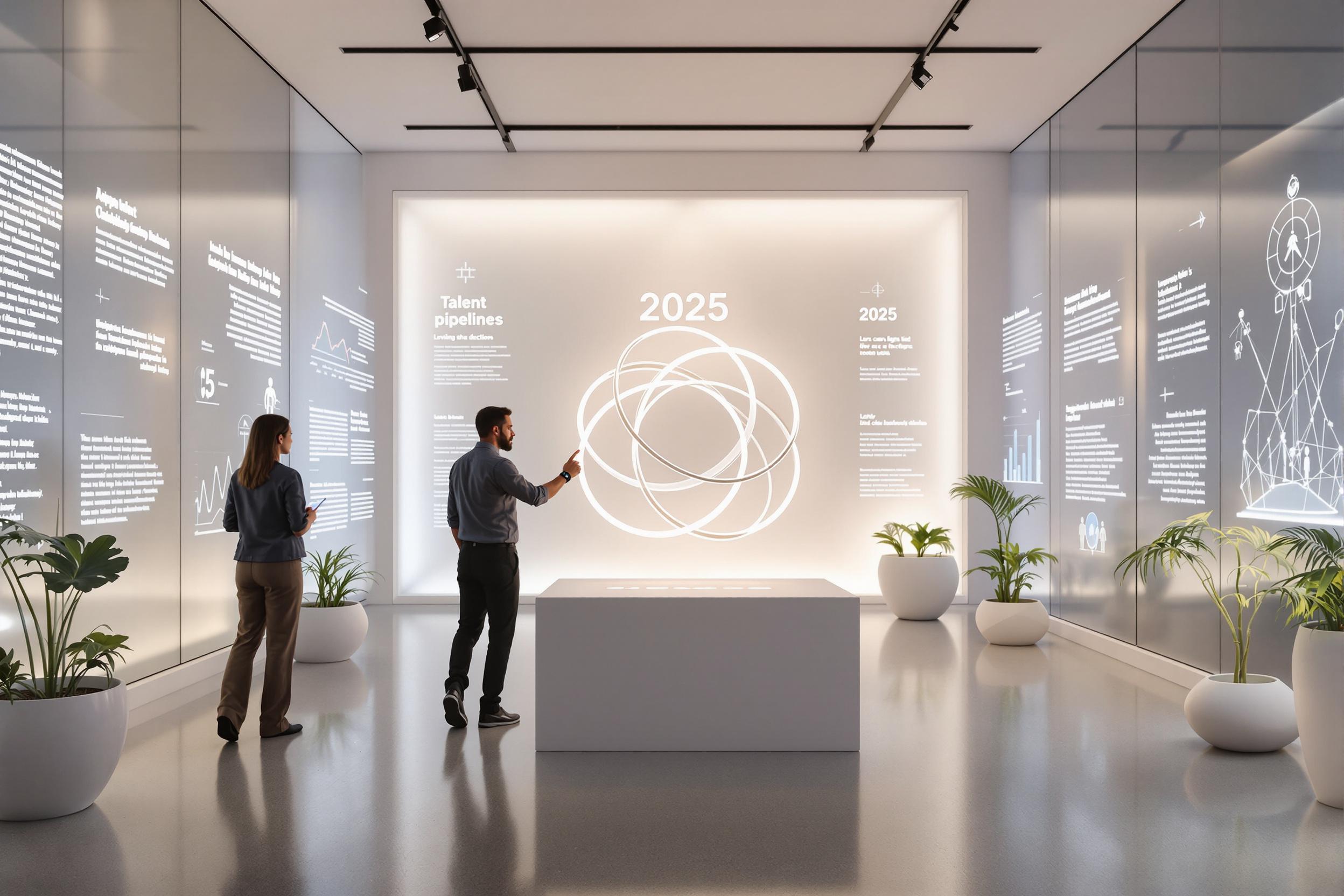
Change Readiness
Change Readiness is a key concept in business consulting that measures how prepared an organization and its employees are to handle major changes. Think of it like checking if a company is ready to move to a new house - you need to make sure everything is packed, everyone knows the plan, and people are emotionally prepared for the move. Consultants assess and improve change readiness before implementing big changes like new software systems, reorganizations, or new business processes. This helps prevent resistance to change and ensures smooth transitions.
Examples in Resumes
Led Change Readiness assessments for Fortune 500 clients during digital transformation projects
Developed Change Readiness training programs reaching 5,000+ employees globally
Conducted Change Management and Change Readiness workshops for leadership teams
Created Organizational Readiness measurement tools for merger integration
Typical job title: "Change Management Consultants"
Also try searching for:
Where to Find Change Management Consultants
Professional Associations
Online Communities
Job Boards
Example Interview Questions
Senior Level Questions
Q: Can you describe a challenging change management project you led and how you handled resistance?
Expected Answer: Look for answers that demonstrate experience leading large-scale organizational changes, ability to handle stakeholder concerns, and successful strategies for overcoming resistance. They should mention specific examples of measuring and improving readiness.
Q: How do you measure the success of change readiness initiatives?
Expected Answer: Strong answers should discuss both quantitative metrics (survey results, adoption rates) and qualitative indicators (employee feedback, leadership buy-in). They should emphasize the importance of measuring readiness before, during, and after change implementation.
Mid Level Questions
Q: What methods do you use to assess change readiness in an organization?
Expected Answer: Candidates should mention tools like surveys, interviews, focus groups, and stakeholder analysis. They should explain how they use these tools to identify potential barriers and readiness gaps.
Q: How do you create effective change readiness communication plans?
Expected Answer: Look for understanding of different communication channels, message timing, audience segmentation, and the importance of two-way communication. They should explain how communication supports readiness building.
Junior Level Questions
Q: What are the key components of change readiness?
Expected Answer: Should mention awareness of need for change, desire to participate, knowledge of how to change, ability to implement skills, and reinforcement to sustain change (ADKAR model basics).
Q: How do you identify stakeholders in a change initiative?
Expected Answer: Should demonstrate understanding of stakeholder mapping, different levels of impact, and the importance of engaging both supporters and potential resistors of change.
Experience Level Indicators
Junior (0-2 years)
- Basic change management concepts
- Stakeholder analysis
- Communication planning
- Change impact assessments
Mid (2-5 years)
- Change readiness assessments
- Resistance management
- Training program development
- Change strategy creation
Senior (5+ years)
- Large-scale transformation leadership
- Executive stakeholder management
- Complex change program design
- Change methodology development
Red Flags to Watch For
- No experience with stakeholder management
- Poor communication skills
- Lack of experience measuring change effectiveness
- No understanding of resistance management
- Unable to provide examples of past change initiatives
Related Terms
Need more hiring wisdom? Check these out...

Culture Add vs Culture Fit in Hiring: Why It May Be Time to Rethink Your Approach

Succession Planning: Your Company's Future-Proof Strategy

Recruitment in the Fast Lane: How to Adapt Hiring Practices in the Blink of an Eye

